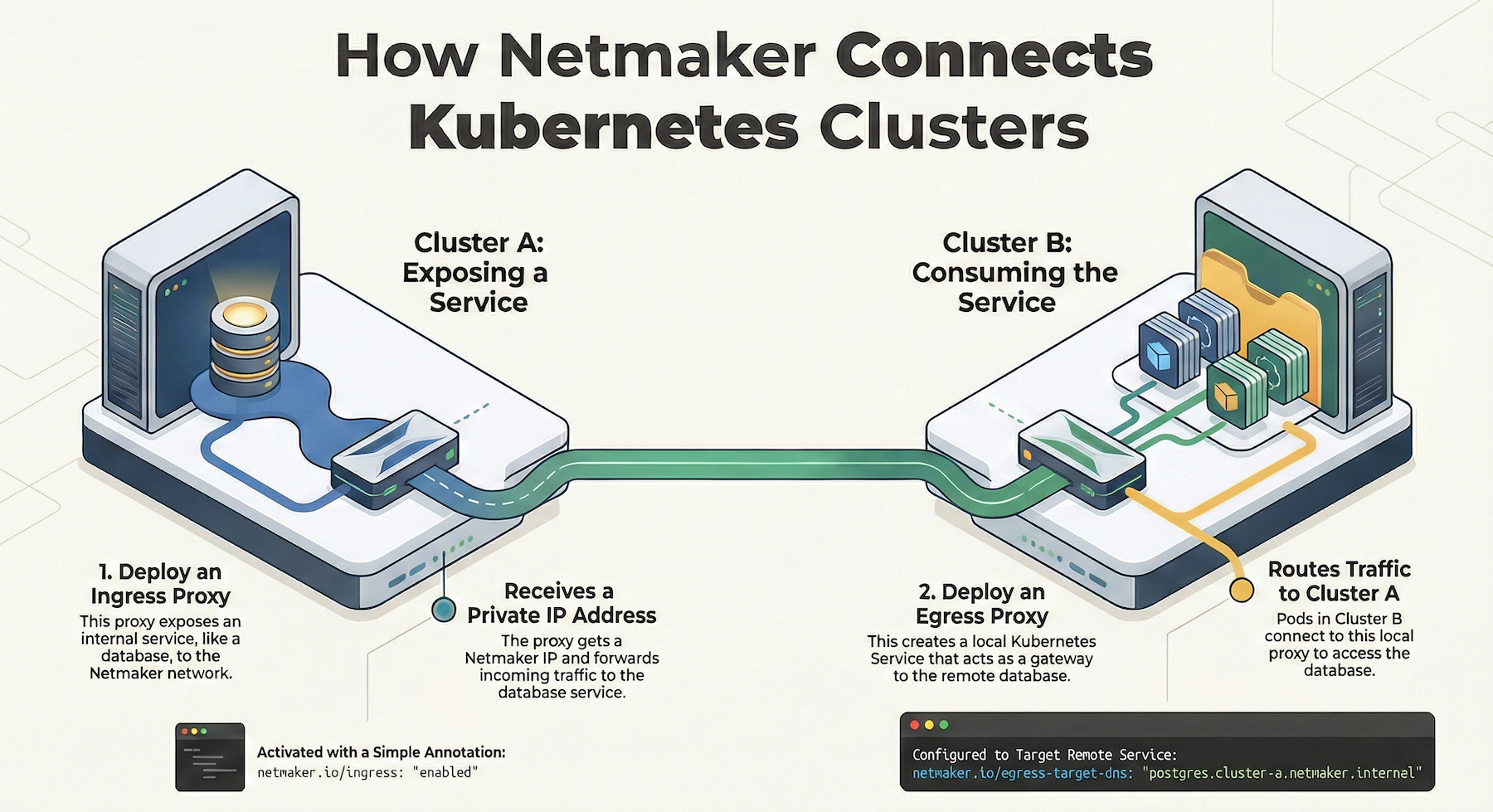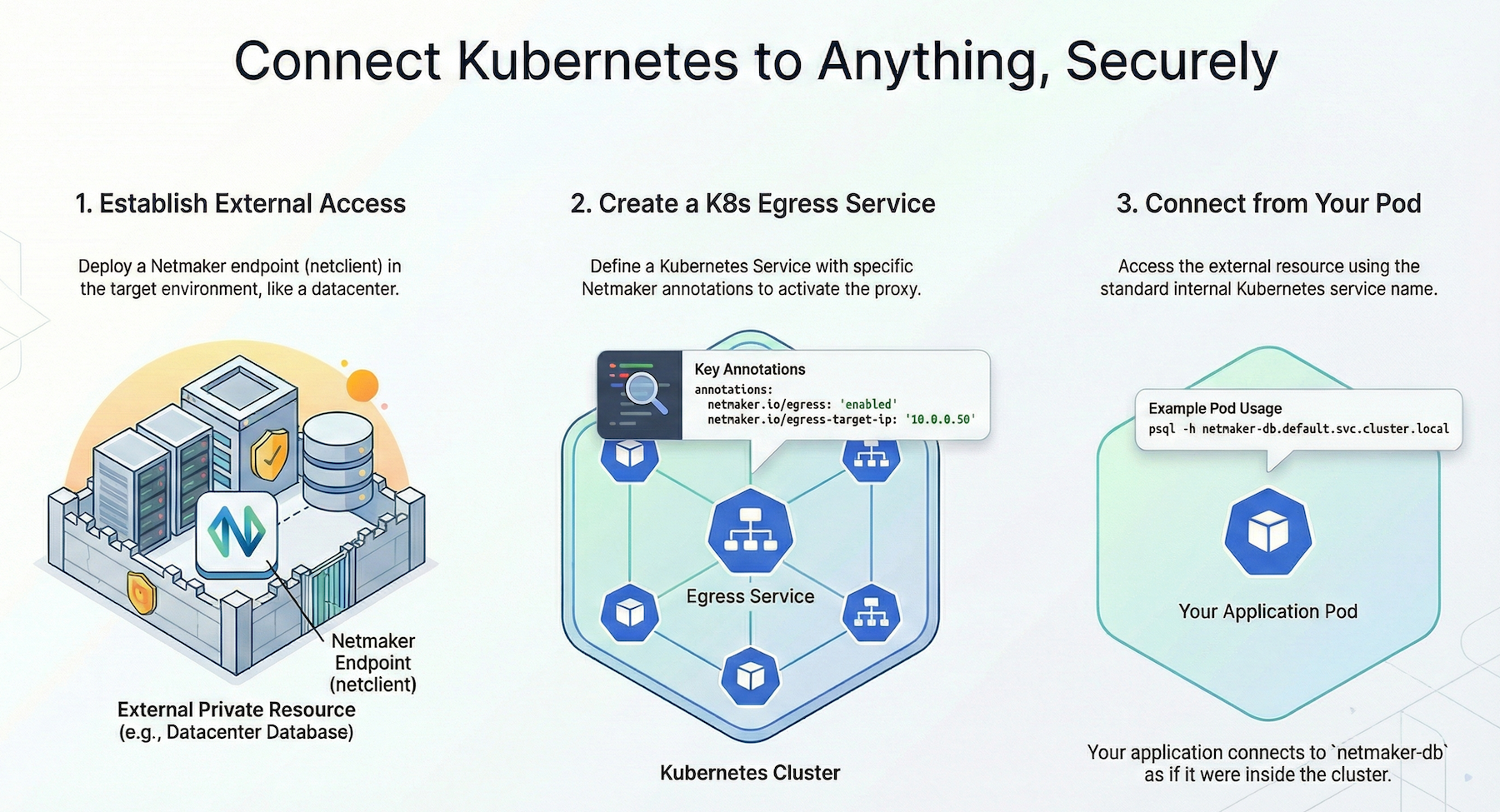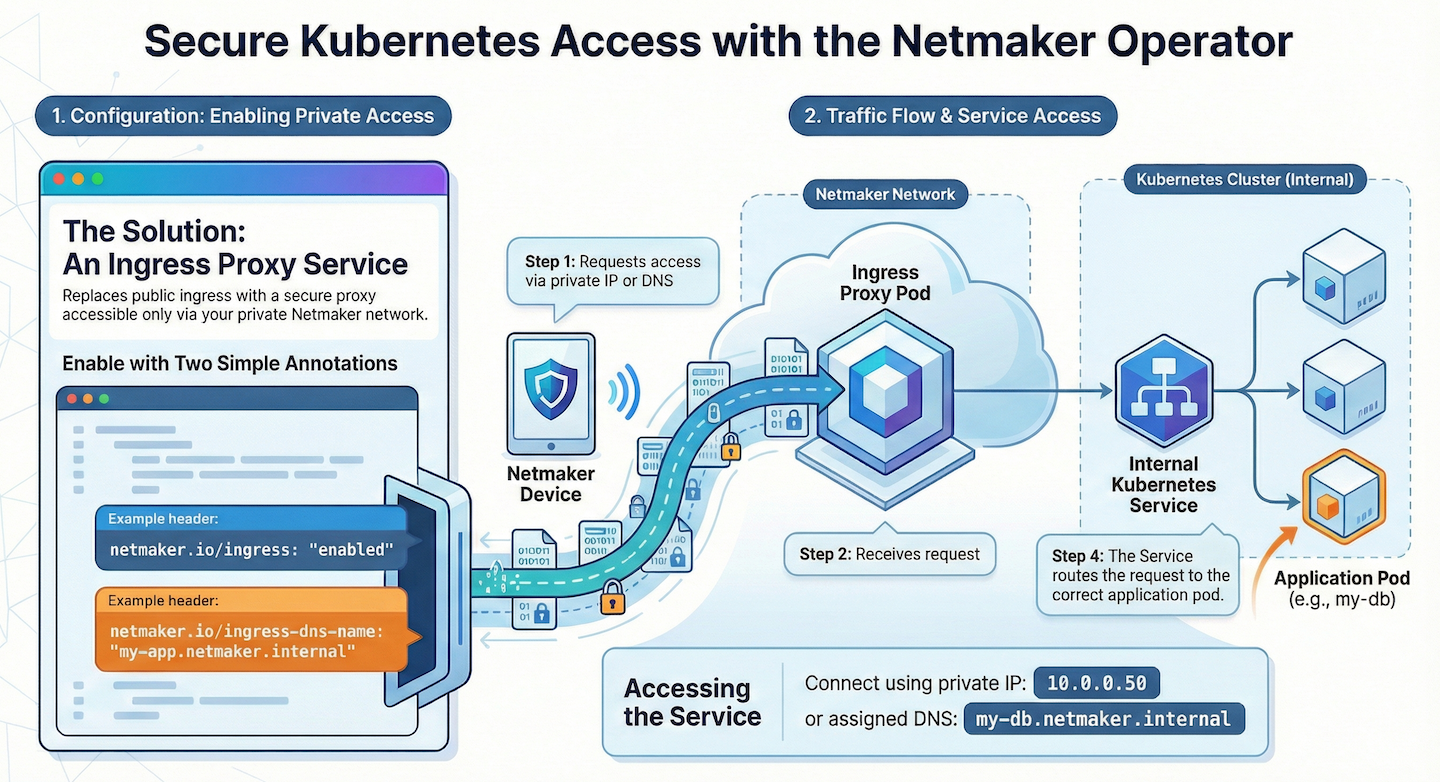Protect against DDoS with a VPN

DDoS (Distributed Denial of Service) attacks are increasingly prevalent within the online community. These attacks possess a wide-ranging impact and possess various strategies to evade countermeasures, often masquerading as legitimate user traffic. What remains evident is the indispensable need for DDoS protection to prevent some malicious actor from crashing your network and making your server inaccessible.
An imperative element for safeguarding against DDoS threats is the incorporation of a robust VPN solution. By encrypting your data traffic and fortifying your network, a VPN offers enhanced resistance against cyber threats. Moreover, its significance extends to improving online security, ensuring a seamless end-user experience.
How does a VPN protect you from DDoS attacks?
Making your server available only over VPN means there is no public endpoint to attack, preventing malicious actors from accessing your server at all. This is something that a public reverse proxy cannot entirely handle, even with rate limiting. The VPN also protects your end users, by concealing their IP address, and creating an encrypted, secure tunnel between their devices and your network.
What to look for when selecting a VPN
- Encryption: Having a strong encryption and a dependable kill switch within a VPN is of paramount importance to guarantee privacy and security against DDoS attacks
- Speed: The wrong VPN could slow down your users’ web experience significantly. VPNs with top notch tunneling protocols like WireGuard are your friends here.
- VPN Server Location: A direct, P2P VPN will create the best end user experience. If your VPN provider relies on relay servers, it is important that these servers are close to your destination, to minimize latency.
- Compatibility: A good VPN should be supported by different platforms to ensure users can connect from any of their devices, whether mobile, laptop, desktop, or server.
P2P VPN vs. Standard VPN Providers
A P2P VPN creates direct connections between user devices and target devices. Offerings like Netmaker, Tailscale, and ZeroTier can all create these connections, and also use modern VPN protocols like WireGuard to maximize speed. You can also implement your own P2P VPN using WireGuard or IPSec.
Using a traditional VPN provider means connections are relayed, and the speed will depend on the provider. It also means your traffic is routed through the provider, which can be problematic depending on geographic restrictions or other privacy concerns. A modern, P2P VPN is definitely the best choice for maximizing speed and privacy, while minimizing attack surface.
How to implement VPN against DDoS attacks.
Remember that a VPN can be instrumental in averting the occurrence of DDoS attacks, yet it cannot entirely halt them once they are initiated. To fully leverage the potential of a VPN in order to evade cyber threats, it’s essential to remain mindful of the following considerations:
- Ensure the consistent utilization of a kill switch. Should your internet connection become unstable, the kill switch will effectively prevent the exposure of your genuine IP address. The revelation of a real IP address could potentially enable a malicious actor to initiate a DDoS attack on that authentic IP.
- Take into account the selection of the server location to establish your connection. Opting for a local server enhances security measures while keeping the region or location unchanged. This approach could be particularly advantageous for latency dependent services like gaming. By connecting to a local server, the increase in ping will be considerably lower compared to connecting to a server situated at a greater distance. Better yet, use a P2P VPN that will connect directly to the end server.
- Be careful while changing servers. With certain VPN providers, an account might be flagged if they detect multiple IP addresses accessing it with the same account.
Conclusion
To maximize the privacy of your server and minimize the attack surface, it’s of utmost importance to use a VPN if you want to protect your network from DDoS attacks and generally improve your security posture. There are a number of top VPN providers like NordVPN, Surfshark, Atlas, Netmaker among others which will get the job done and we encourage you to look into the all the options before you settle on a decision. We hope this article plays a part in your cyber security efforts.
Enhancing DDoS Protection with Netmaker
Netmaker offers a robust solution for mitigating DDoS threats through its innovative use of WireGuard, a modern VPN protocol known for its speed and security. By creating direct peer-to-peer (P2P) connections between devices, Netmaker eliminates the need for traffic to pass through a centralized server, reducing latency and potential bottlenecks. This direct connection strategy not only enhances performance but also minimizes the attack surface, making it exceptionally difficult for malicious actors to disrupt services through DDoS attacks. Furthermore, with its ability to conceal IP addresses and encrypt data traffic, Netmaker provides an additional layer of protection, ensuring that your network remains secure and resilient against unauthorized access.
Netmaker's versatility extends across various platforms, supporting seamless integration with existing infrastructure. Whether deployed on a virtual machine or a bare metal server, Netmaker's comprehensive installation guides and compatibility with Docker and Kubernetes environments ensure a smooth setup process. Its advanced server installation capabilities allow for customized configurations tailored to specific network requirements, maximizing both security and performance. By leveraging Netmaker's powerful features, organizations can significantly enhance their defense mechanisms against DDoS attacks, ensuring uninterrupted service and safeguarding sensitive data. To get started with Netmaker and bolster your network security, visit Netmaker Signup today.
.svg)








.svg)